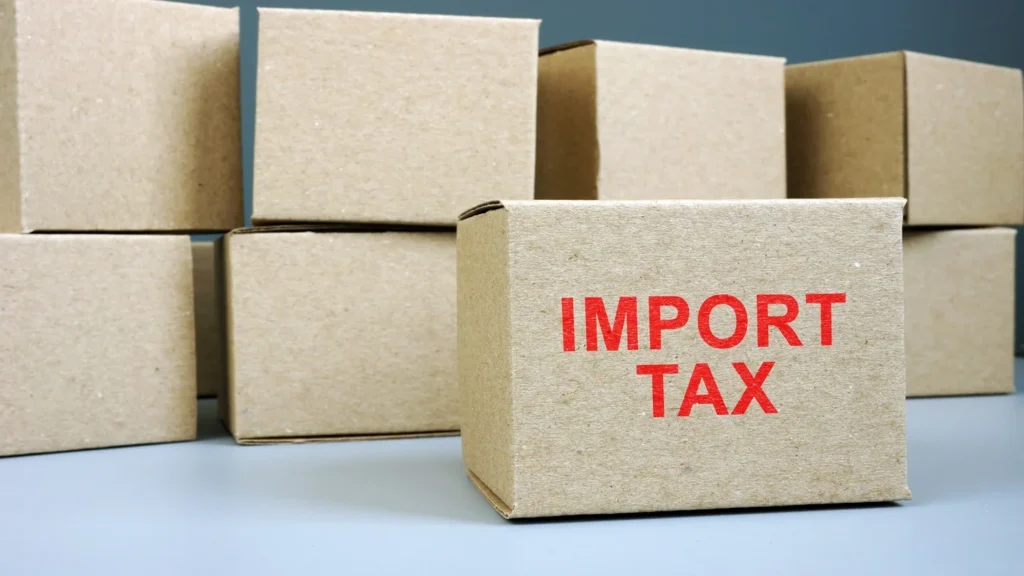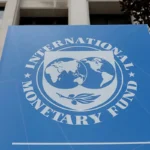
Introduction: A Strategic Shift in Energy Trade
India is contemplating the removal of import taxes on U.S. ethane and liquefied petroleum gas (LPG), signalling a potential thaw in trade relations with the United States amidst ongoing tariff disputes. This move aligns with India’s broader strategy to reduce its trade surplus with the U.S. and enhance energy security by diversifying its energy imports.
Understanding the Current Trade Dynamics
Currently, India imposes a 2.5% duty on imports of ethane and LPG components like propane and butane. In the fiscal year 2023-24, India imported 18.5 million metric tons of LPG, valued at $10.4 billion, primarily from the Middle East. The U.S. stands as the second-largest supplier of ethane to India, following China. However, infrastructure limitations, such as inadequate shipping capacity and processing facilities, have hindered a significant increase in imports from the U.S.
GAIL India’s Strategic Move
GAIL India Ltd, the country’s largest gas distributor and the world’s fourth-largest LNG importer, has issued a tender to acquire up to a 26% equity stake in a U.S. LNG project, coupled with a 15-year agreement to import 1 million metric tons of LNG annually starting between 2029 and 2030. This initiative is part of India’s strategy to reduce its $45.7 billion trade surplus with the U.S. and increase energy imports, possibly including a tax exemption on U.S. LNG to enhance price competitiveness.
Broader Trade Negotiations
The potential removal of import taxes on U.S. ethane and LPG is part of wider trade negotiations between India and the U.S., aiming to reduce the trade imbalance and tariff burden. Both nations are working towards finalizing the first phase of a trade deal by the end of the year, targeting $500 billion in bilateral trade by 2030. Final decisions on tax cuts will be made by India’s commerce and finance ministries.
Regional Trends and Global Implications
India’s consideration mirrors a broader regional trend where Asian countries are ramping up imports of U.S. oil and gas to reduce trade surpluses and mitigate the impact of U.S. tariffs. Nations like Indonesia, Pakistan, and Thailand have announced significant initiatives to boost U.S. energy imports. This shift reflects a strategic move to balance trade relations and ensure energy security amid global trade tensions.
Conclusion: A Step Towards Enhanced Bilateral Relations
The potential removal of import taxes on U.S. ethane and LPG underscores India’s commitment to enhancing bilateral trade relations with the United States. By diversifying energy imports and addressing trade imbalances, India aims to foster a more balanced and mutually beneficial economic partnership. As negotiations progress, this move could pave the way for broader trade agreements, contributing to global economic stability and cooperation.




































Leave a Reply